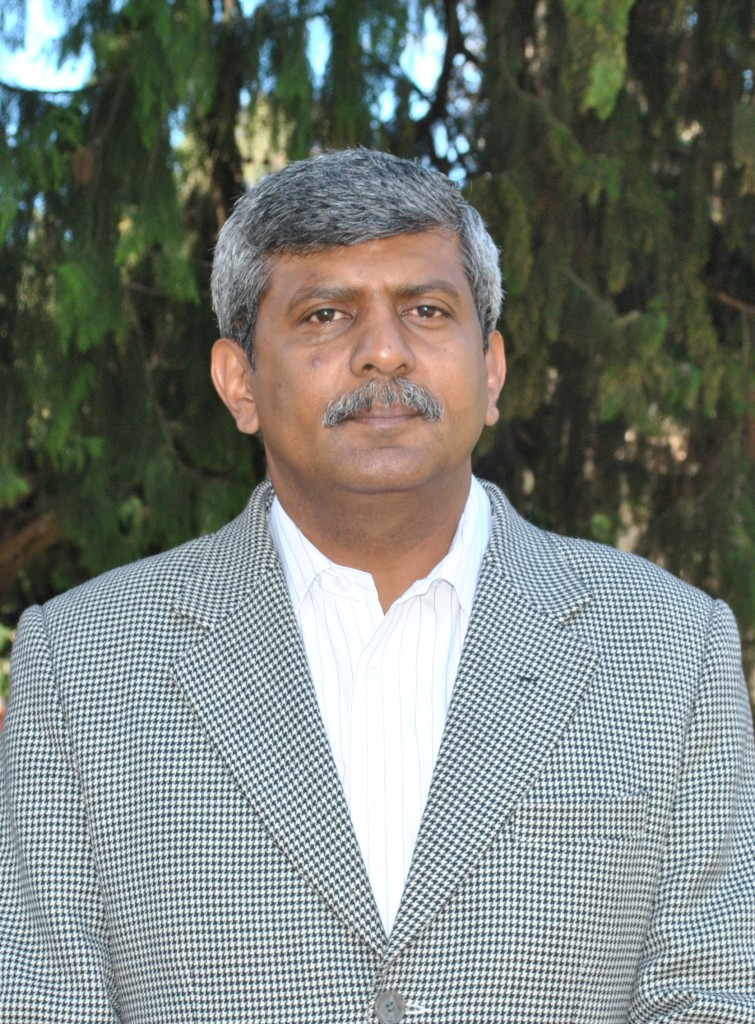Payal Mohta talks to Raghu Srinivasan about his debut novel The Avatari
What inspired the story of The Avatari?
The Avatari’ owes its origins to a drink I had with an old timer huddled over a stove in an arctic tent in the shadow of the Karakorum ranges. The old timer had been a mountaineer before he had had a bad fall and had tramped all over the Karakorums, spending much of his time with local porters and guides. It was from them that he who had picked up a story of a group of Germans who had formed an expedition to search for Shambhala, and were never heard of again.
For a novel that spans several years and continents, it must have taken a long time to plan. When did you start working on it?
I was posted to the Indian Military Advisory team for two years. I was then thirty nine and since it was a teaching assignment, I had time to indulge myself in reading everything their library had to offer and dabble in writing again. I wrote three short stories, which received much acclaim from my wife and mother. My aim was to write at least fifteen, so that I could publish a book of my short stories. I began ‘The Avatari’ as my fourth short story in 2005; it was a story which was metamorphose into a rather long novel, evolve from a spiritual journey to an action-adventure theme and occupy my thoughts for the next eight years.
While reading the book, I saw two major influences in the novel: Dan Brown, for the plot; and Sidney Sheldon, for the writing style. Where they a conscious or an unconscious influence on your work?
I would imagine that any influence would be unconscious, because it is next to impossible to consciously copy another writer’s style when you are trying to write truthfully. It’s not just these two writers you mention – every author picks up the craft from people whom he has read and admired. There are also influences of Hemingway’s ‘For Whom the Bell Tolls’ and Frederick Forsyth’s ‘Dogs of War’. The myth of Shambhala has been introduced to a larger readership in Lobsang Rampa’s ‘The Third Eye’ and James Hilton’s ‘Lost Horizon’ – which brought Shangri La into the lexicon. But having said that, I hope that my writing style is entirely my own.
It is rare for an Indian writer to write a book with no Indian characters at all. Why did you choose to have an international dramatis personae?
Afghanistan, and is mainly set in 1986, during the height of the Soviet-Afghan War. I don’t think an Indian could have gone to those places at that time without arousing tremendous suspicion or being interned at some stage. it was a question of locations and periods of history where an Indian on the group would have stood out like a sore thumb; and the discerning reader would have easily made out that it was a poorly contrived attempt to bring in an Indian character. Here I would like to make a point that Western writers don’t seem to get asked about the same thing – starting from ‘Jungle Book’ and ‘The Far Pavilions’ right up to Dalrymple and Patrick French; Indians seem to be comfortable about white people writing with authority and felicity about Indians. It’s just that an Indian writer hasn’t tried the obverse out so far. As far as locations go, it was just that the story found itself happening at these places.
Are any of the characters inspired by real people?
Three of them to a point –yes. I have seen shades of Henry Ashton, Peter Radigan and Duggy types in my Army service. Henry Ashton is something like my fist CO, Duggy like a drill instructor I had at NDA and Peter like so many of the loveable scallywags I have had a drink, make that many drinks with Susan, however, was the most difficult, where I had to build the character from scratch – always worried that it might not ring true. I suppose we don’t meet so many women like her in my chosen career.
As a serving officer in the Indian army, do you find that writing about the army is harder (or easier) than living the army life?
For the most of us in the army, this is the life we chose to lead & are happy doing so. I would find fitting in as a banker or a bureaucrat hard. Writing is not my chosen profession, it is something I am passionate about and enjoy. So turning the question on it’s head; which is easier? I think after so many years, serving in the army is definitely easier than writing where I am still a newbie.
Is there a sequel to The Avatari planned?
Still too early to say – have started work on another book set in China though!
Read the review of Raghu Srinivasan’s book The Avatari here: https://www.youthincmag.com/2014/05/01/a-heady-cocktail-of-thrills-and-mythology/
































